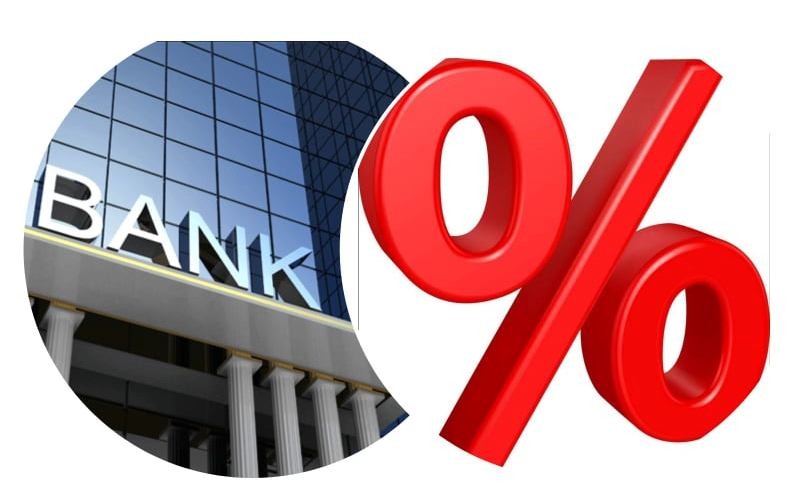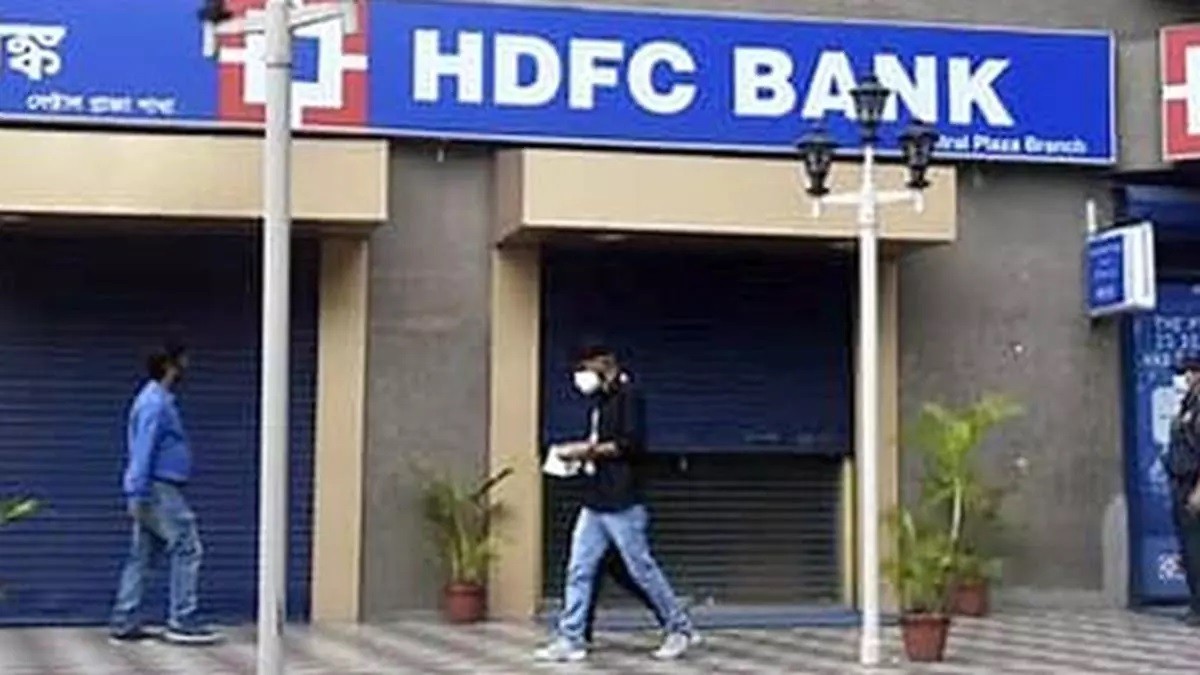
The corona virus has caused an extreme crisis in the world economy. The ADB estimates that the global economy will lose 4.1 trillion due to the Corona virus epidemic. The ADB has warned that the Kovid-19 epidemic in the United States, Europe and other countries could cause problems for the world economy.
Similarly, the Asian Development Bank (ADB) has projected that Nepal's economy will be limited to 5.3 percent by 2020. But the ADB has projected the economy to recover again in 2021 after the end of the Kovid-19 epidemic, reaching 6.5 percent.
Therefore, economists have said that this destruction of Corona will also affect the stock market. Due to which stock investors are panicked.
Now, the general stock investors and the general public are interested in whether there will be a crisis in Nepal's stock market. But stock analysts also say that the crisis in the economy will not have a 100 percent impact on the stock market.
For example
The downturn in the Indian economy in October 2017 had the opposite effect on the stock market. At that time, the stock market had risen by one percent in one day, while the industrial growth rate had fallen by 10 percent in one day.
Even now, the relief package seems to have significantly improved the stock market as India's economy is in crisis due to the corona infection.
The United States has been hit hardest by the corona outbreak, and its economy has been in deep crisis, but its stock market, the Dow Jones, has improved.
In the case of Nepal itself, the stock market was adversely affected in the past when the economy was in crisis after the earthquake and blockade, and it is estimated that the same will happen after the current Corona transition.
Looking at the history of 11 major declines in the US stock market, the stock market has declined even though the economy is strong, while the market is still strong despite the weak economy, according to NBC News.
Looking at the severe economic downturn of 2008 after the balloon of artificial growth of real estate burst, the stock market declined for some time but then gradually improved. The Dow Jones Industrial Average fell 15 percent in 2007 to 1565 points, after falling 56 percent in 2009. Then gradually improved. The practice of applying circuit breaks to prevent the share price from falling too much has intensified since then.
Seen in this light, only the policies and action plans taken by the government to improve the economy and the capital market determine its future







